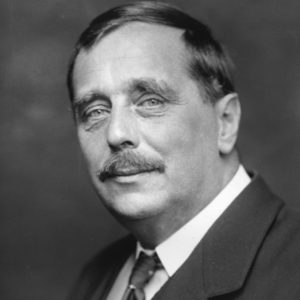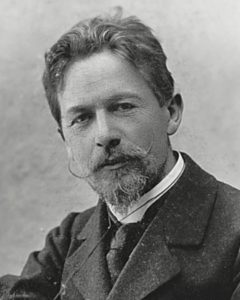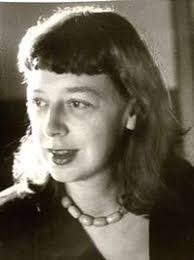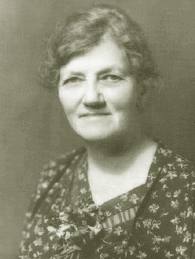We have decided to create the most comprehensive English Summary that will help students with learning and understanding.
Footprints without Feet Summary in English by Herbert George Wells
Footprints without Feet by Herbert George Wells About the Author
| Author Name | Herbert George Wells |
| Born | 21 September 1866, Bromley High Street, London, United Kingdom |
| Died | 13 August 1946, The Regent’s Park, London, United Kingdom |
| Short stories | The Country of the Blind, The Red Room, The Star |
| Movies | War of the Worlds, The Time Machine, The Invisible Man |

Footprints without Feet Summary in English
Griffin, an eccentric scientist discovered a rare drug. This could make a human body invisible. His landlord did not like him. He decided to take revenge on him. One day he set his landlord’s house on fire. Then he drank his rare drug and removed off his clothes. Now, he could see everyone but none could see him. He was safe from being caught. But he was without clothes and it was very cold.
He passed the night in a London store. He stole goods and money from the store. Then he went to a village called Iping. He stayed at an inn. He stole the landlord’s money. A policeman named Jaffers was called. A strange fight took place. Griffin took off his bandages, his glasses and his hat. Now, he looked headless. People were horrified. Griffin hit the policeman. He got free and ran away.
Footprints without Feet Summary Questions and Answers
Question 1.
Why were the two boys in London surprised?
Answer:
The two boys in London were surprised and fascinated because they saw the fresh muddy impressions of a pair of bare feet on the steps of a house in London. The man was not in sight (not visible anywhere).
Question 2.
What happened when Griffin didn’t wake up on time? How did he escape from the London store?
Answer:
Griffin was still sleeping when the assistants arrived and stared towards him. When Griffin saw two of them approaching, he panicked and began to run. They chased him. He escaped from the London store after taking off his clothes. He became invisible and naked once again.
Question 3.
What experiments did Griffin carry out? What was the final result of these experiments?
Answer:
Griffin was a brilliant scientist. He conducted many experiments and discovered a drug which if swallowed could make a person invisible. Griffin misused his invention for his personal gains and selfish ends. He became invisible and got involved in lawlessness.
Question 4.
Mr Griffin entered the shop of the theatrical company. What did he do there?
Answer:
He wore bandages around his forehead. Then he put on dark glasses, false nose, big bushy side whiskers and a large hat. He escaped from there after attacking the shopkeeper from behind and robbing him of all the money.
Question 5.
What happened to the people who tried to help the constable in catching the invisible man?
Answer:
The people who tried to help the constable in catching the invisible man found themselves hit by blows that seemed to come from nowhere.
Question 6.
Why did Griffin slip into a big London store? What did he do inside the shop?
Answer:
Griffin was wandering on the streets of London in mid-winter. The air outside was chilling cold and he needed clothes to save himself from this unbearable weather. Griffin decided to enter a London store. Griffin broke open the boxes and wrappers and dressed himself in warm clothes. He ate cold meat and had coffee in the restaurant followed by sweets and wine from the grocery store.
Question 7.
Why were the landlord and his wife surprised to see the scientist’s door wide open?
Answer:
Griffin always kept his door shut and locked from inside. If anybody entered the room, he was angry. But that morning the door of his room was wide open. This surprised the landlord and his wife.
Question 8.
Three extraordinary things happened in the room. What were they?
Answer:
The following three things happened in the room
- Mrs Hall heard a sniff quite close to her ears.
- The hat on the bedpost leapt up and dashed into her face.
- The bedroom chair sprang into the air and pushed them out of the room.
Question 9.
What did the scientist do when he became furious? Why were the people in the bar horrified?
Answer:
He threw off his bandages, whiskers, spectacles, and even nose in a minute and became headless. The people in the bar were horrified to see “a headless man”.
Question 10.
Why did Griffin set the landlord’s house on fire?
Answer:
He set his landlord’s house on fire as the landlord wanted to throw him out because of his bad behaviour.


